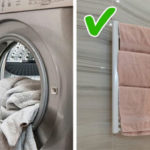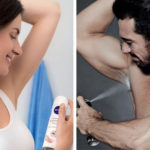Deodorant
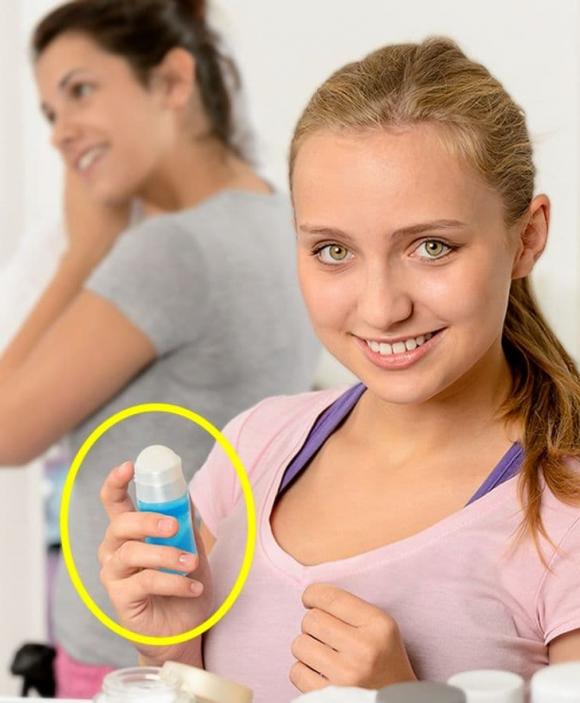
Even though it is an antibacterial deodorant, the surface in contact with the skin can still harbor odor-causing bacteria and you are at risk of getting infected if you share it with others.
It is best to use deodorant immediately after showering when your skin is still clean. If not, you should wipe it with a damp cloth first.
Lipstick – lip balm
Diseases like lip herpes can easily be transmitted through sharing lipsticks or lip balms. Even if there are no clear signs, the virus can still be present on the oral mucosa and saliva. Currently, there is no 100% effective treatment for this condition.
If you have signs of the disease, stop using the contaminated lipstick. After an outbreak, you should buy a new set of makeup to prevent the recurrence of this condition.
Nail accessories and cosmetics
You should use separate tweezers, nail clippers, razors, and other accessories. When used regularly, these tools can cause minor injuries and accidentally leave blood drops on their surface. Don’t share them with anyone unless you want to be infected with herpes and fungus. After each use, wipe the surface of the tools with alcohol.
Towels
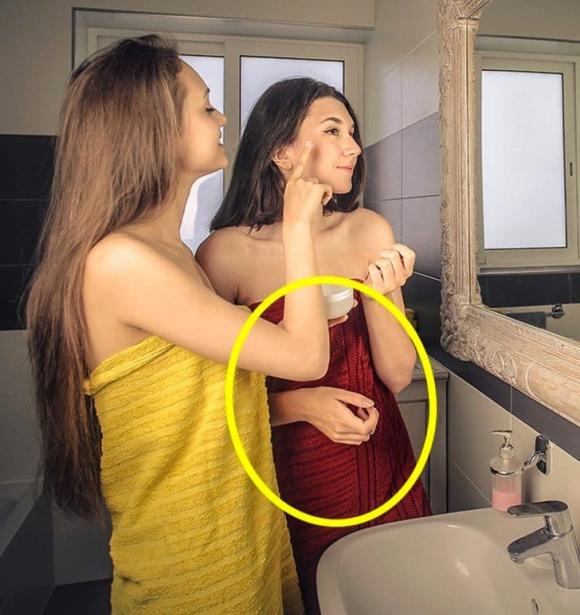
This is also something you shouldn’t share. The main function of all types of towels is to absorb water on the skin surface, making it a perfect environment for breeding mold and bacteria.
When borrowing or lending a towel, make sure it is completely new and hygienically cleaned right after.
Headphones
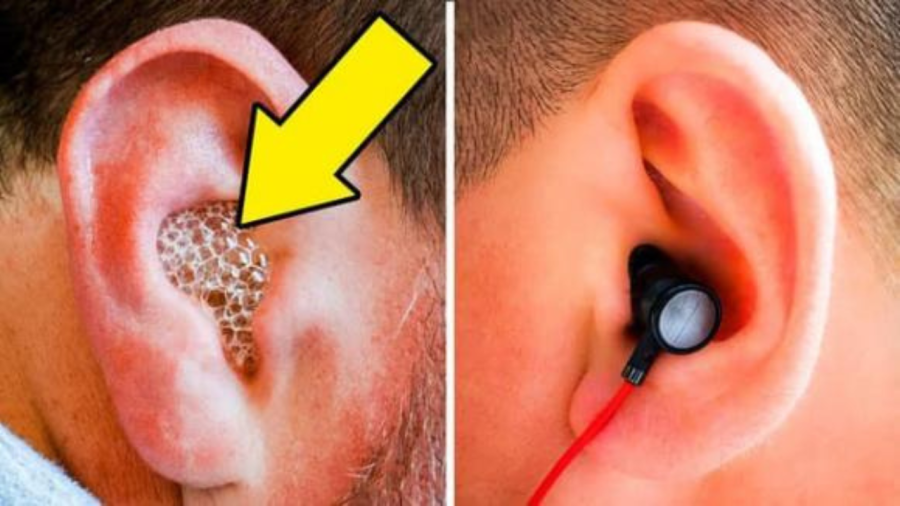
Each of us has a unique microbial community that exists stably inside our ears. Therefore, every time you share one earphone to listen to music with someone, the bacteria from the ear canal will be transferred to that person and disrupt the stability of the microbial community, leading to the risk of ear infection.
You can clean the earphones by using a cotton swab dipped in a moderate amount of hydrogen peroxide to wipe. In cases of regular use, remember to clean the earphones at least once a week.
No, it is not advisable. Even antibacterial deodorants can harbor odor-causing bacteria on the surface that touches your skin. Sharing deodorant puts you at risk of infection.
It is best to use deodorant right after showering when your skin is clean. If you can’t shower, wipe your underarms with a damp cloth before applying deodorant.
No. Lip products can easily transmit diseases like lip herpes, even if there are no visible signs. The virus can live on the oral mucosa and in saliva, and there is currently no 100% effective treatment. If you have any signs of the disease, stop using the contaminated product and buy a new one to prevent recurrence.
It is not recommended to share personal care tools like tweezers, nail clippers, razors, etc., as they can cause minor injuries and leave blood droplets, potentially transmitting herpes and fungus. Always clean tools with alcohol after use, and do not share them with others.
Towels are breeding grounds for mold and bacteria as they absorb water from the skin. Do not share towels, and if you must, ensure they are new and hygienically cleaned afterward.
No. Each person has a unique microbial community in their ears, and sharing headphones can disrupt this balance, leading to a risk of ear infection. Clean your headphones regularly with a cotton swab dipped in hydrogen peroxide, especially if others use them.
























